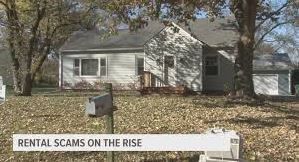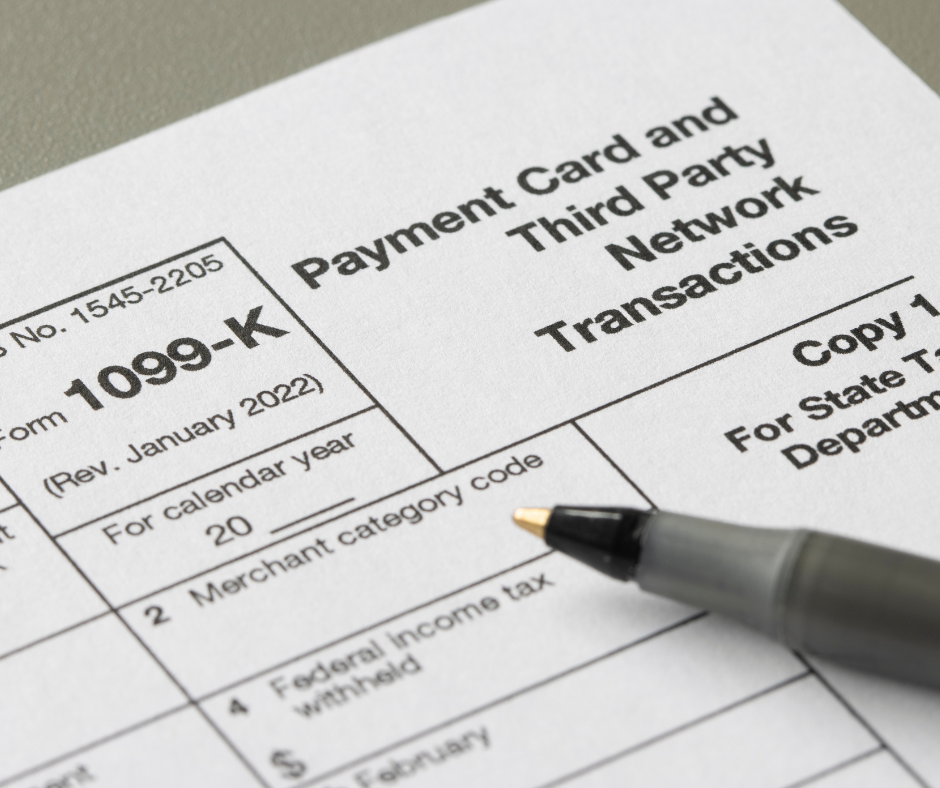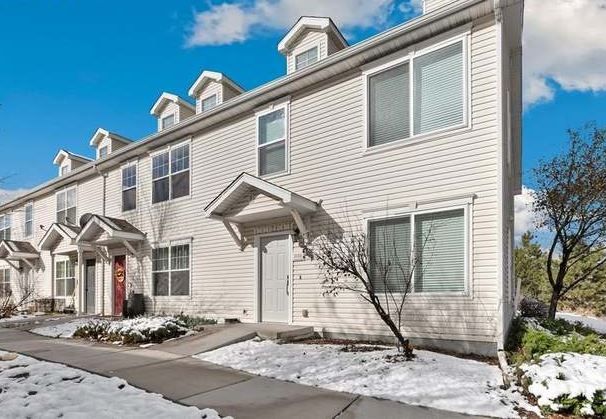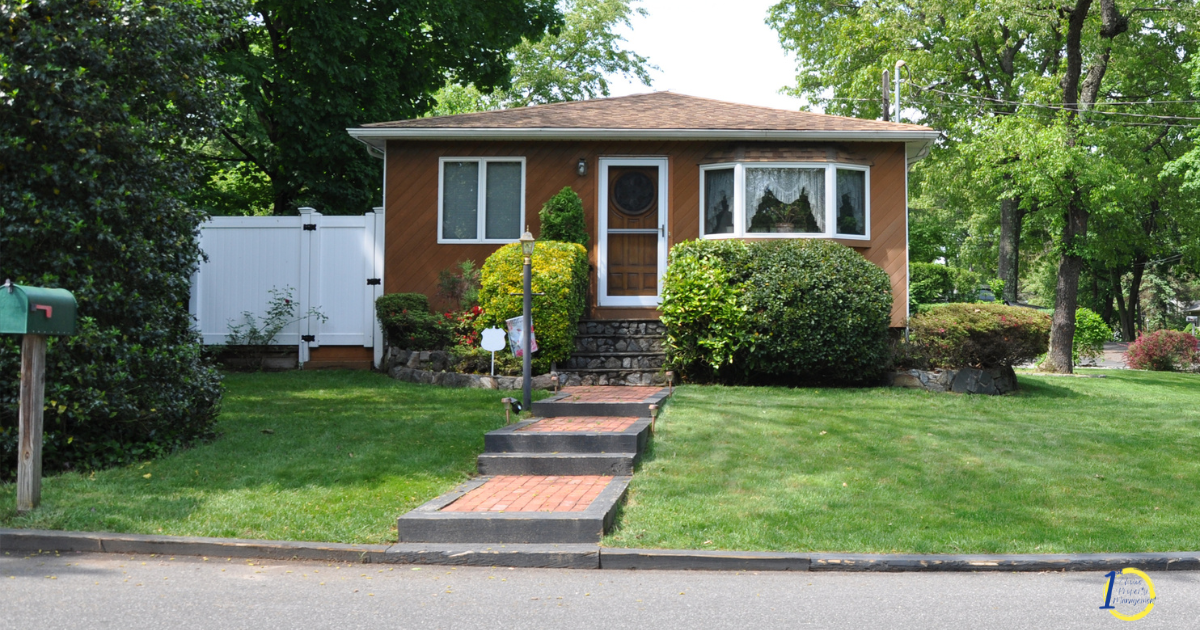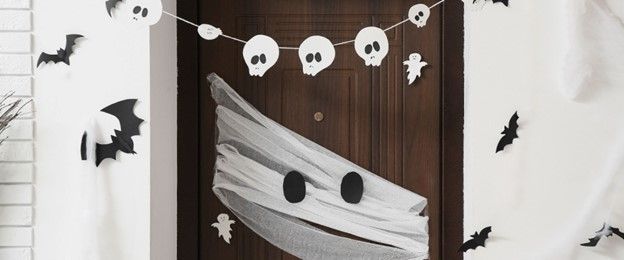Maximizing Profitability: The Essential Guide to HVAC Preventative Maintenance for Single-Family Rentals
How Regular HVAC Maintenance Can Enhance Tenant Satisfaction, Reduce Costs, and Extend System Lifespan for Property Owners
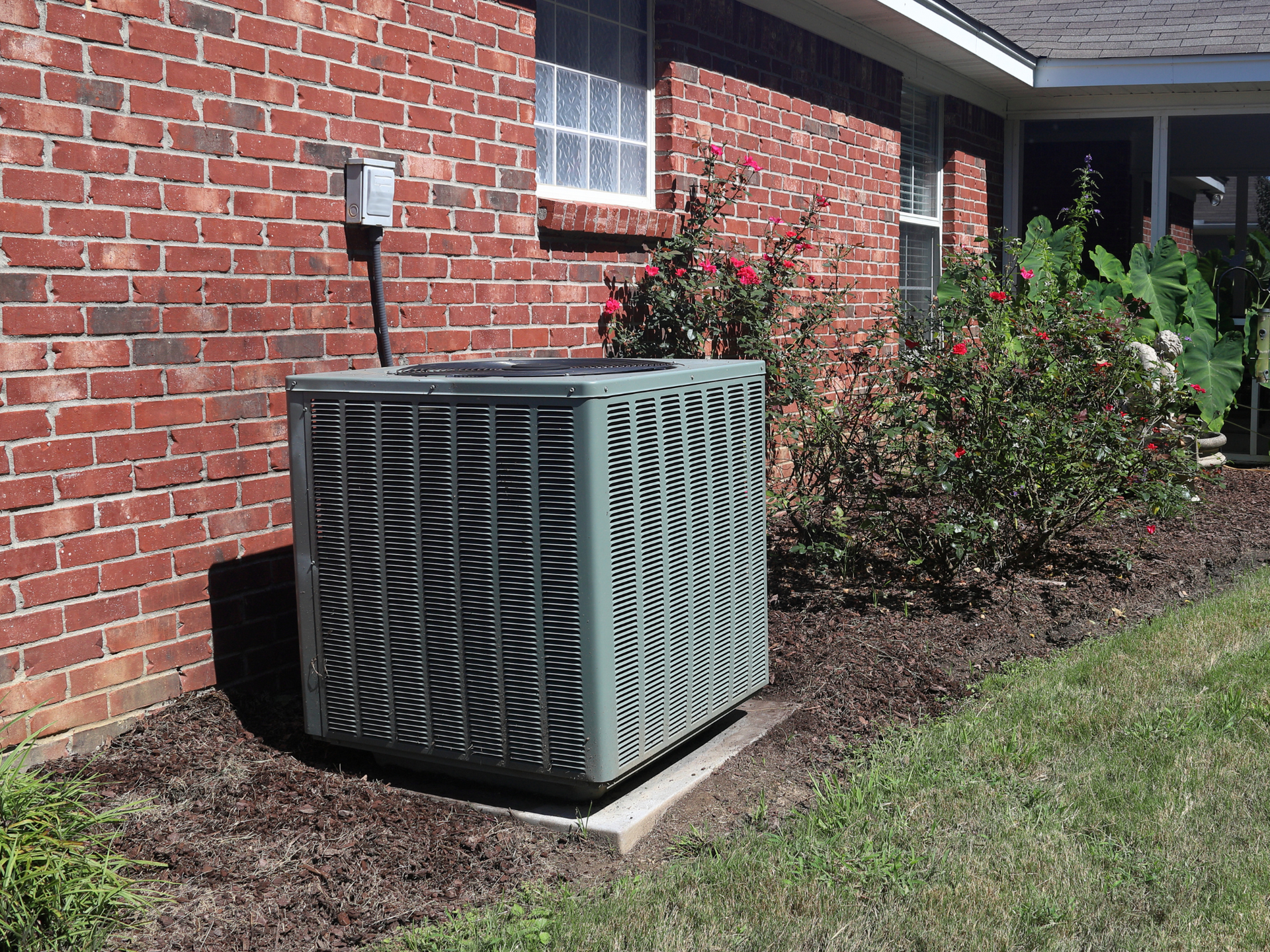
Managing single-family rental (SFR) properties comes with its own set of challenges, particularly when it comes to ensuring tenant satisfaction while maintaining the property. One critical but often overlooked area is the upkeep of HVAC systems.
HVAC problems can lead to significant tenant dissatisfaction and result in costly, unexpected repairs for property owners. By implementing a preventative maintenance program for HVAC systems, you can reduce these risks and save both time and money. This article outlines the key benefits of regular HVAC maintenance for SFR owners and shares important statistics to illustrate its impact.
The High Cost of Reactive Maintenance in SFRs
In contrast to multi-family buildings, where systems can be serviced together, single-family homes depend on individual HVAC units. This fragmentation can lead to higher maintenance costs on a per-unit basis.
When owners take a reactive approach—addressing HVAC issues only as they arise—they risk incurring higher repair expenses, increased tenant dissatisfaction, and even premature system replacements. Data shows that HVAC repairs typically range from $225 to $1,400, while a complete system replacement can cost between $4,500 and $7,000. For those managing multiple SFRs, these unexpected costs can add up quickly. In comparison, a routine tune-up can cost between $99 and $129 per unit bi-annually—a small investment compared to the potential expenses of major repairs.
Key Benefits of Preventative HVAC Maintenance for SFR Owners
Avoiding Costly Emergency Repairs
One of the most immediate benefits of preventative HVAC maintenance is the reduction in emergency repair costs. HVAC systems in single-family homes are often heavily used, particularly during extreme weather conditions. If a system fails during a heatwave or cold snap, the costs for emergency repairs can be steep. According to HomeAdvisor, emergency HVAC repairs can be 50% to 100% more expensive than regular service calls due to overtime labor and parts shortages.
These emergencies often occur at inconvenient times, adding further disruption. Regular maintenance, such as inspecting for worn-out parts and cleaning components, helps catch small issues before they escalate. The U.S. Department of Energy estimates that preventative maintenance can decrease HVAC breakdowns by up to 95%, significantly reducing the need for emergency repairs. In fact, our 2024 data indicates that 26% of preventative maintenance calls prevented an emergency situation altogether.
Lowering Utility Bills
For SFR owners covering utility costs, energy efficiency is paramount. Even if tenants pay their own bills, high energy costs stemming from inefficient HVAC systems can lead to dissatisfaction and increased turnover. Preventative maintenance ensures that HVAC systems run efficiently, which can reduce energy consumption by 15% to 20%. This leads to lower utility expenses for both property owners and tenants.
Extending HVAC System Lifespan
HVAC systems represent a substantial investment in single-family rental properties. With proper maintenance, these systems can last 15 to 20 years. However, neglecting regular upkeep can cut that lifespan to as little as 10 years, often coinciding with the end of standard warranties. The cost of replacing an HVAC system can range from $5,000 to $7,000, not accounting for potential tenant turnover costs if the system fails unexpectedly.
In contrast, a preventative maintenance plan can cost as little as $200 annually, prolonging the life of the system by ensuring it operates efficiently and minimizing unnecessary strain.
Improving Tenant Retention and Satisfaction
High tenant turnover can be a significant burden for SFR owners, involving vacancy costs and the expenses associated with finding new tenants. HVAC issues frequently rank among the top complaints from tenants. A survey by the National Multifamily Housing Council indicates that 93% of tenants prioritize in-unit HVAC systems. By keeping these systems in good working order, owners can enhance tenant satisfaction, leading to higher lease renewal rates.
Research from AppFolio shows that 63% of dissatisfied tenants planned to move within a year, compared to only 38% of satisfied tenants. This highlights the strong link between maintenance and tenant retention. By maintaining HVAC systems, you can reduce vacancy rates and save an average of $1,750 per unit.
Minimizing Disruptions and Downtime
Preventative maintenance also helps minimize disruptions caused by sudden HVAC failures. Such breakdowns not only inconvenience tenants but also require quick action from property owners, often leading to significant disruptions. A planned maintenance schedule allows for convenient timing, reducing the impact on tenants. Studies indicate that planned maintenance can cut HVAC costs by 25% to 30%.
HVAC Preventative Maintenance Checklist
When arranging for HVAC maintenance, it's essential to define the scope of services. Here’s a seasonal checklist for tune-ups:
Fall Furnace Checklist:
- Check air filter
- Inspect thermostat
- Test combustion
- Clean flame sensor
- Check blower motor and electrical connections
- Run furnace cycle
Spring HVAC Checklist:
- Check air filter
- Inspect thermostat
- Clean and tighten connections
- Check refrigerant levels
- Identify potential issues
Additionally, encourage tenants to replace filters monthly to maintain system health. There are services that can deliver filters directly to tenants, simplifying this task.
A Proactive Approach Pays Off
For single-family rental property owners, HVAC systems are a crucial area where proactive maintenance can lead to significant financial and operational benefits. Preventative maintenance reduces repair costs, lowers energy consumption, and extends system lifespan—all while improving tenant satisfaction.
In today’s competitive rental market, where reliable climate control is essential, regular HVAC maintenance is not just a cost—it’s an investment in your property's long-term success. By adopting a proactive approach, you can save substantial amounts of money while minimizing disruptions and ensuring tenant happiness.
Share this post
